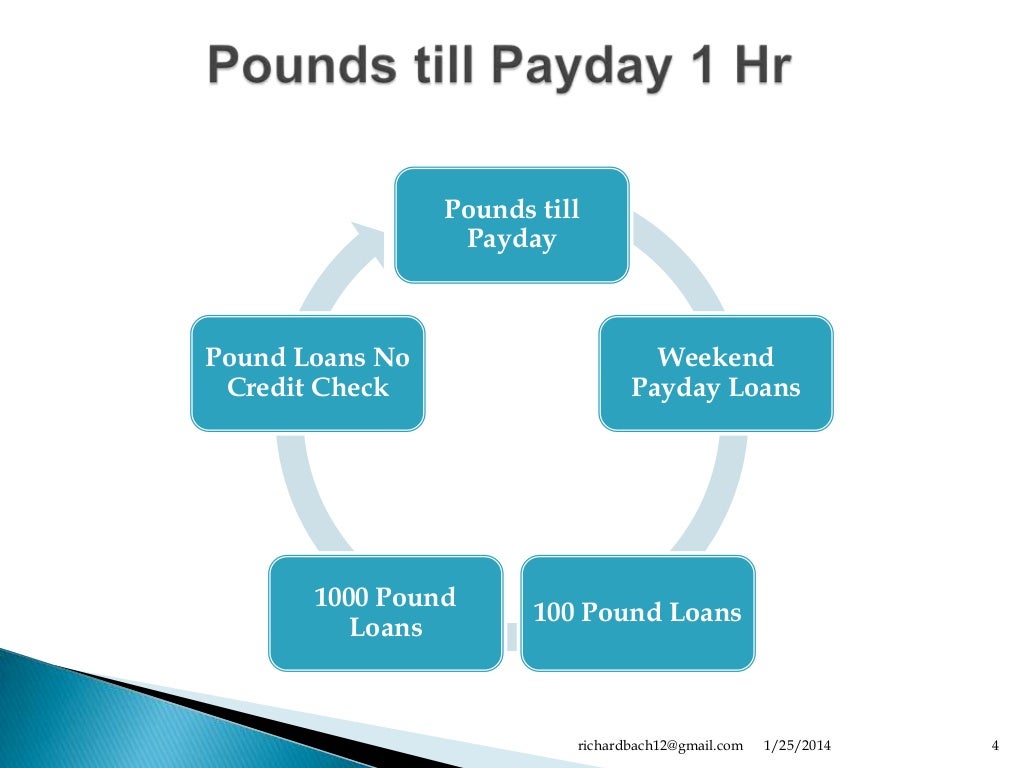A credit score regarding 720 are a robust indication of good monetary health. They implies that youre a reputable debtor which have a history out of controlling borrowing responsibly. Which have a get within diversity, youre well-positioned to get into individuals credit issues with beneficial terminology and you may desire pricing. This informative article explores what good 720 credit rating form, simple tips to maintain they to have improved monetary balances, and the benefits it’s got. Sigue leyendo
Archivos de la categoría cash credit payday loans
A method to Plan Being qualified to own a mobile Mortgage
AnnieMac Knowledge Heart

If you are looking to have an alternative choice to antique homes, a mobile home is generally good for your. Mobile land cost less than just a vintage domestic without the need to compromise for the called for has. Also known as are created residential property, these kind of belongings normally cost between $sixty,000 – $100,000.
A mobile house is a prefabricated household construction constructed on a beneficial permanent chassis which was constructed prior to June 15, 1976 (when the Service out-of Housing and you will Metropolitan Invention began controlling this new security from are available house). Cellular belongings are intended to-be with ease gone when your manager must change places. Sigue leyendo
House guarantee mortgage and you may HELOC conditions inside 2022
Knowing the difference between standards anywhere between domestic equity funds and you can HELOCs helps you figure out which device is good for you.

When you are thinking about scraping their residence’s guarantee soon, learn more about family equity loan and you may HELOC requirements, and just how they may benefit you. ( Shutterstock )
Domestic guarantee is the difference between their residence’s well worth as well as the balance in your mortgage. The security changes two implies – if you are paying off their mortgage otherwise if for example the residence’s well worth expands.
You could potentially utilize your own house’s equity to fund certain expenditures, such as for instance household renovations, medical expense, and you will financial problems.
Two popular ways to access your home’s equity are through a home equity loan or a house collateral credit line (HELOC). Each option comes with its own benefits and disadvantages. Requirements to qualify for home equity lending vary by lender, but there are some general guidelines you’ll want to follow if you’re seeking approval.
A cash-away refinance is another way to tap your home’s equity. Credible makes it easy to contrast home loan re-finance rates from multiple lenders.
- Conditions for tapping your house security
- Household guarantee loan vs. HELOC
- Great things about a home security financing
- Benefits associated with good HELOC
Conditions for scraping your residence security
In most cases, criteria getting domestic guarantee loans and you may HELOCs are often the same. What exactly is required could depend on the lending company and its particular underwriting standards. Here’s a review of common conditions so you can be eligible for a home equity loan or HELOC.
Equity of your home

In many cases, lenders will only allow you to borrow as much as 80% of the guarantee collected in your home minus the amount you owe, but some lenders have lower or higher borrowing limits. Sigue leyendo
What he had been convinced due to the fact homes ripple bust
When performed you to occurs? Grab me truth be told there. All of you the checked they and just said, «Whoa, Really don’t including in which this is on course?»
Around 2002 in order to 2004, 2006 it accelerated. And at that time, we had been involved in the financial segments ourselves; we were active in the by-product segments. I saw the latest ventures right here, however, we can perhaps not rating more comfortable with the concept that the diversity in these portfolios was sufficient to validate the treating of the risks.
So we steered out of if in case otherwise warehousing those people dangers, or doing a number of organization with other businesses that on their own was indeed mostly in the business regarding while or warehousing the individuals risks. Which designed that individuals skipped a revenue chance, however, that has been okay given that i failed to score at ease with they. And even, this is why we shied off they.
Bill Winter seasons, Co-President, JPMorgan Money Financial (2004-09)

Because this began to devolve inside the 2005-2006, extremely, 2007, and also the home loan field peaks and you can actually starts to get smaller, what’s dealing with your head?
. [We] watched these purchases where we wondered where the chance is actually supposed, we now concluded that the danger was not supposed anyplace. There can be nowhere for it exposure going. . To phrase it differently, it actually was being with the someone’s equilibrium sheet. .
That is correct. And it also became clear to help you all of us in the 2007 so it was not just that maybe i had not skipped the point totally inside the thinking that somebody otherwise understood in which that it risk was heading during the a beneficial some other rates than we are able to pick. Perhaps it was not heading anyplace anyway. It absolutely was sitting on lender harmony sheets. Not forgetting i noticed very comfortable that individuals hadn’t built-up a lot of which chance. Sigue leyendo
Home loan credit shielded into resource purchased or enhanced is but one really well-known different mortgage disputes
Gilbertson Davis LLP keeps solicitors who were retained so you can advise and you can act to own loan providers, borrowers or guarantors when you look at the conflicts according to financing.

Financing off reasonable amounts always is shielded against possessions of the borrower. We are employed regarding each other covered and you can unsecured credit. The fresh new uses for financing and you can borrowing from the bank is varied, possibly relate with one particular investment otherwise investment, whilst in almost every other days basically to greatly help that have cash flow and meeting reduced newest debts. Endeavor finance, obligations investment, connecting fund, belongings finance, design loans, and mezzanine investment was samples of large lending times when conflicts possibly arise.
Covered and Unsecured Lending Litigation
Knowledge of rights, cures, as well as goals, therefore the cousin advantages and disadvantages away from procedural strategies is very important with regards to how-to demand and you can recover a financial obligation. Mortgage loans should be court and you can entered, however, often courts has accepted unregistered equitable mortgages. The chance regarding insolvency whenever that loan try unsecured offers increase to many legal issues. Sigue leyendo
Moreover, hence of these two mortgage programs is perfect for you?
Say you are a resident who isn’t about to contact your 3% first-mortgage speed, nevertheless you prefer money getting X.
What is the difference in a predetermined-rate 2nd mortgage, also called domestic collateral financing otherwise HELOAN, and you will property guarantee personal line of credit, otherwise HELOC?
In both cases, the fresh lien is in second status at the rear of a first home loan. (We will prompt subscribers one to Ca calls the initial mortgage an action off faith.)
A resident typically taps guarantee to find bucks. Equity ‘s the worth of without first-mortgage. Basically, a borrower can go to 90% mutual mortgage-to-value. Particularly, the home deserves $one million. The first is $600,000. The new debtor could take away as much as $three hundred,000 with the the second lien. Simple fact is that complete of your finance ($900,000) split from the property value ($1 million).
Having a predetermined-speed second mortgage, and in most cases but not all the case, consumers are provided every currency upfront in a single lump sum payment. The mortgage note and you may percentage is restricted towards the longevity of the loan. Financial cost to have well-certified borrowers is really as lower given that six.65% so when high as the (roughly) 10% to possess weakened borrowing individuals. Sigue leyendo